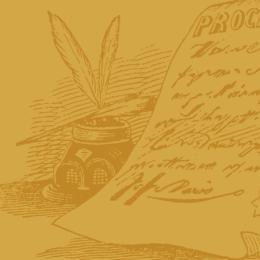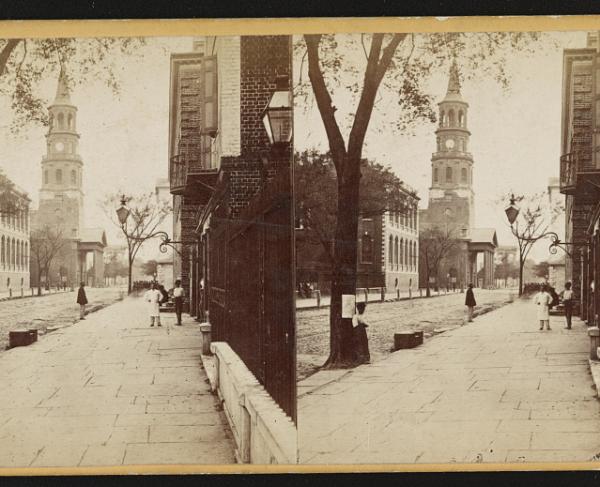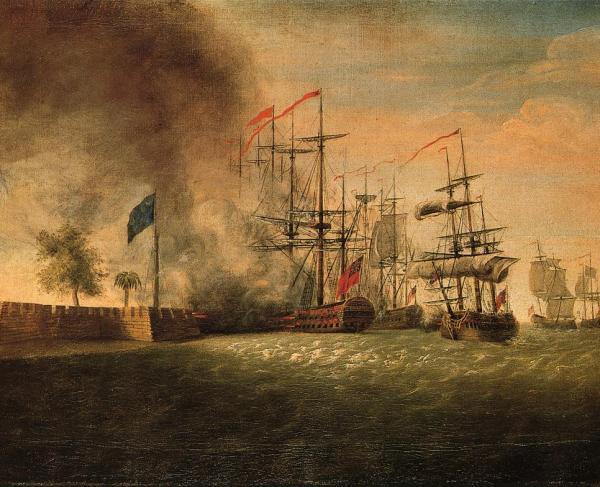The Massachusetts Historical Society
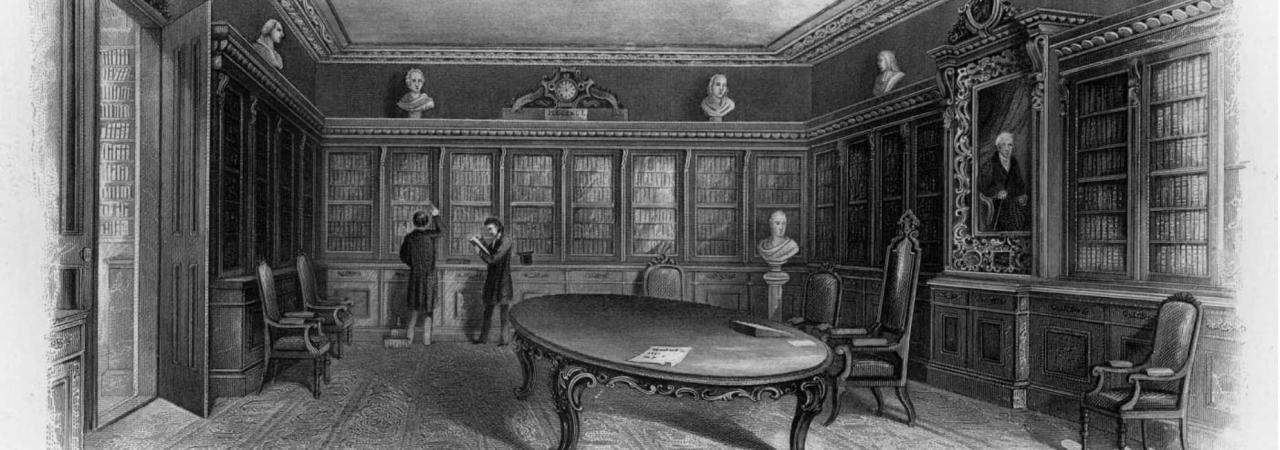
Interior view of the Massachusetts Historical Society's 4th home – The Dowse Library – at 30 Tremont Street, Boston, Mass.
The Massachusetts Historical Society is one of the first state historical societies in the United States. Reverend Jeremy Belknap, who also served as one of the early historians for New England, founded the organization in 1791 simply as "The Historical Society". The Society was originally established to document American history, and the organization’s founders saw it as a place to collect manuscripts, published works and artifacts.

Founding members included leading theologians, educators, politicians and community leaders in Boston. They met in the upper story of Faneuil Hall, and members donated family papers, art, and artifacts from their personal collections. Regular meetings consisted of history lectures and book readings.
By the 19th century, as new state historical societies formed across the country, the Society shifted its focus from broader American history to more localized history related to Massachusetts and New England. The Society moved around to various locations in Boston until 1899, when the Society relocated to their current building in the Fenway area of Boston. Notable presidents of the Society include Charles Francis Adams, Henry Cabot Lodge, and William Endicott. These men helped raise the prestige of the organization. During this time, the Society became a national leader in historic research as well as a notable place for exhibiting antiquities.
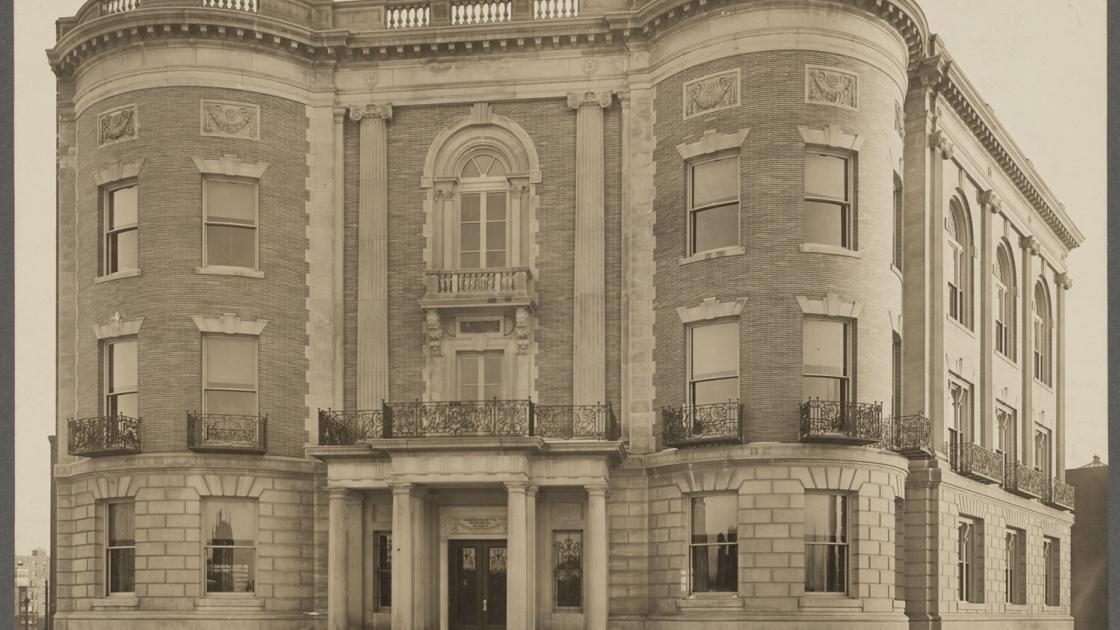
The Massachusetts Historical Society is one of the premier research facilities on early American history. Their rare collections include the Adams Family papers, containing correspondence and official papers of John and Abigail Adams, John Quincy Adams, diplomat Charles Francis Adams, and historian Henry Adams. They also hold one of the largest collections of archives relating to Thomas Jefferson, including Jefferson’s handwritten copy of the Declaration of Independence and drawings of Monticello. Other rare items include Paul Revere’s written account of his ride on April 18-19, 1775 and family papers of of the Massachusetts Bay Colony founding father John Winthrop. The first printing of the Declaration of Independence is one of their most prized possessions.
The Society continues to collect items relating to Massachusetts and American history. Their extensive library is open to researchers for free as is their exhibit space and program schedule. Their archives and collections are increasingly becoming more accessible via digital formats. One of their most important initiatives is providing workshops for teachers from across the country, using primary source documents in their collection as a basis for teaching how to incorporate these types of resources in the classroom. Today the museum is a must see for anyone who is visiting Boston.

